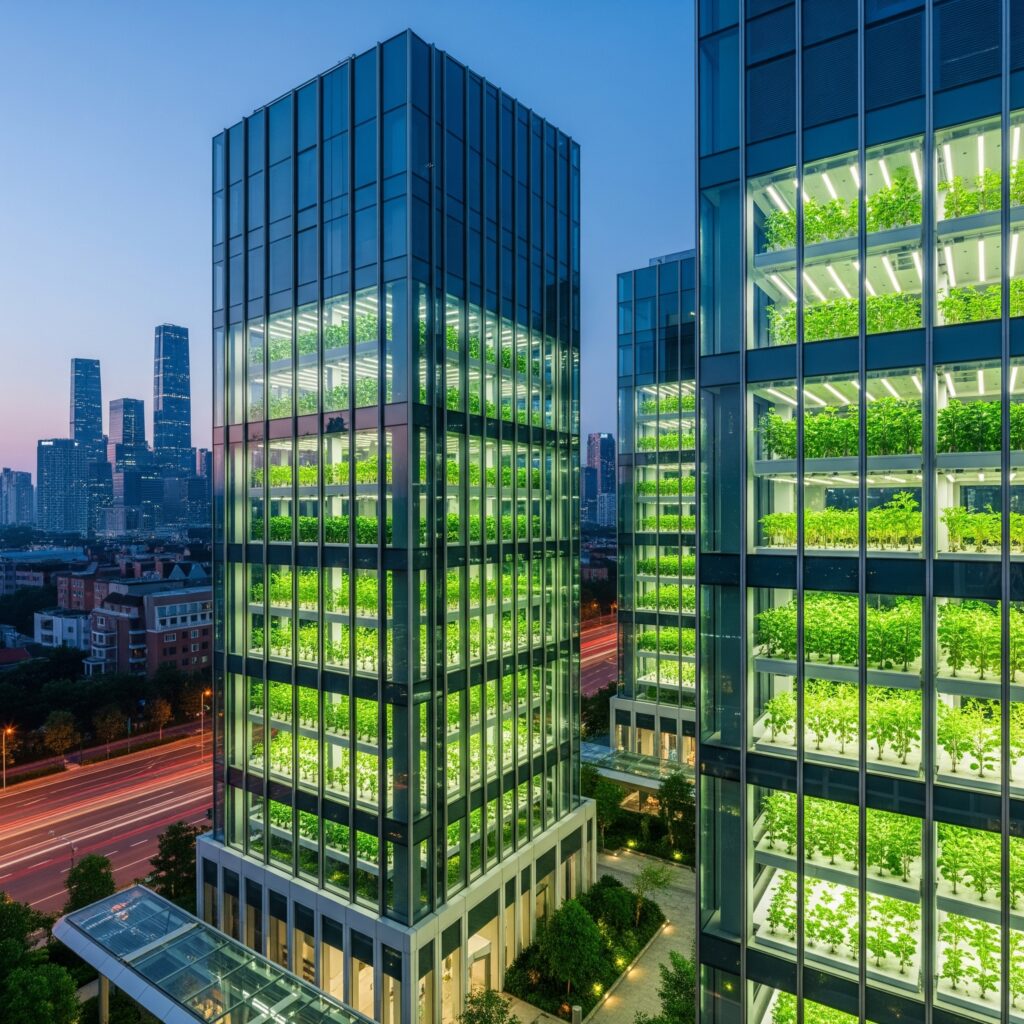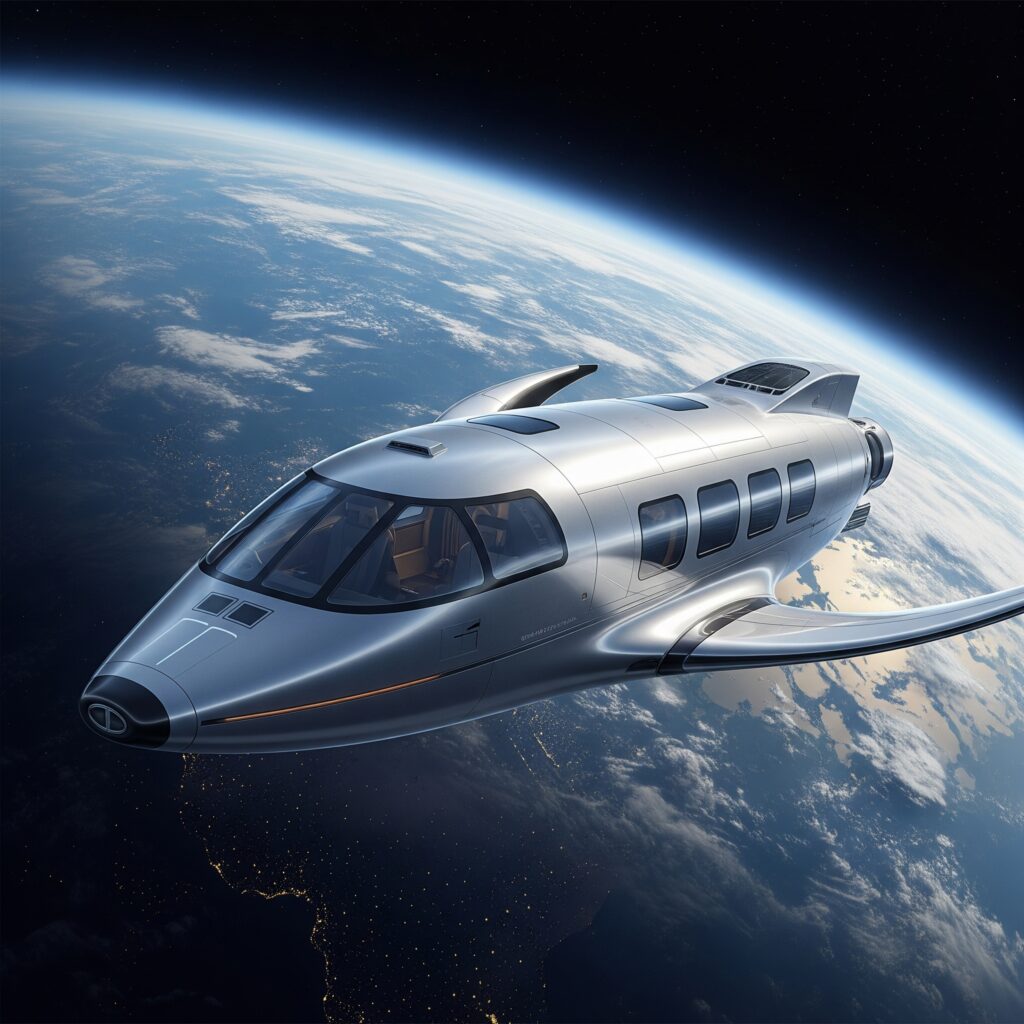Envisioning the Future: Trends, Challenges, and Opportunities
The future, once a realm of science fiction, is rapidly becoming our present. Technological advancements, shifting societal norms, and pressing environmental concerns are reshaping the world at an unprecedented pace. Understanding the potential trajectories of our future is crucial for navigating the complexities and harnessing the opportunities that lie ahead.
Technological Transformations
Technology is arguably the most significant driver of future change. Artificial intelligence (AI), machine learning, and automation are poised to revolutionize industries, from manufacturing and healthcare to transportation and entertainment. While these advancements offer immense potential for increased efficiency, productivity, and innovation, they also raise ethical concerns about job displacement, algorithmic bias, and the potential misuse of powerful technologies.
AI and its Impact
AI’s impact extends far beyond automation. Its applications in personalized medicine, climate modeling, and scientific discovery are already transforming these fields. However, careful consideration must be given to the responsible development and deployment of AI to mitigate potential risks and ensure equitable access to its benefits.
The Metaverse and Beyond
The metaverse, a persistent, shared virtual world, is rapidly evolving. While still in its nascent stages, its potential to reshape social interaction, commerce, and entertainment is undeniable. The development of virtual and augmented reality technologies will further blur the lines between the physical and digital worlds, presenting both exciting opportunities and significant challenges related to privacy, security, and digital identity.
Societal Shifts and Global Challenges
Beyond technological advancements, profound societal shifts are shaping the future. Globalization, urbanization, and demographic changes are reshaping communities and economies worldwide. These shifts present both opportunities and challenges, requiring innovative solutions to address issues such as inequality, social justice, and migration.
Climate Change and Sustainability
Climate change is perhaps the most pressing challenge facing humanity. Its impacts – rising sea levels, extreme weather events, and biodiversity loss – demand urgent action. Transitioning to a sustainable future requires a global effort to reduce greenhouse gas emissions, invest in renewable energy, and adopt sustainable practices across all sectors. This transition presents both challenges and opportunities for innovation and economic growth.
Demographic Changes and Workforce Evolution
Aging populations in many developed countries and a burgeoning young population in others are reshaping the global workforce. Addressing the needs of an aging population and integrating younger generations into the workforce will require innovative solutions in healthcare, social security, and education.
Opportunities for the Future
Despite the challenges, the future also holds immense opportunities. Technological innovation, coupled with a commitment to sustainability and social justice, can create a more equitable and prosperous world. Investing in education, research and development, and sustainable infrastructure is critical to realizing this potential.
Innovation and Entrepreneurship
The future will be shaped by innovators and entrepreneurs who are able to identify and address emerging challenges. Supporting entrepreneurship and fostering a culture of innovation is essential for driving economic growth and creating new solutions.
Global Collaboration and Cooperation
Many of the challenges facing humanity require global collaboration and cooperation. Addressing climate change, preventing pandemics, and promoting peace and security necessitate international partnerships and shared responsibility.
Conclusion
The future is not predetermined. It is a tapestry woven from the choices we make today. By understanding the trends, challenges, and opportunities that lie ahead, we can make informed decisions that shape a future that is both sustainable and equitable for all. Embracing innovation, promoting collaboration, and prioritizing sustainability are crucial steps in navigating the complexities and harnessing the potential of the years to come.


